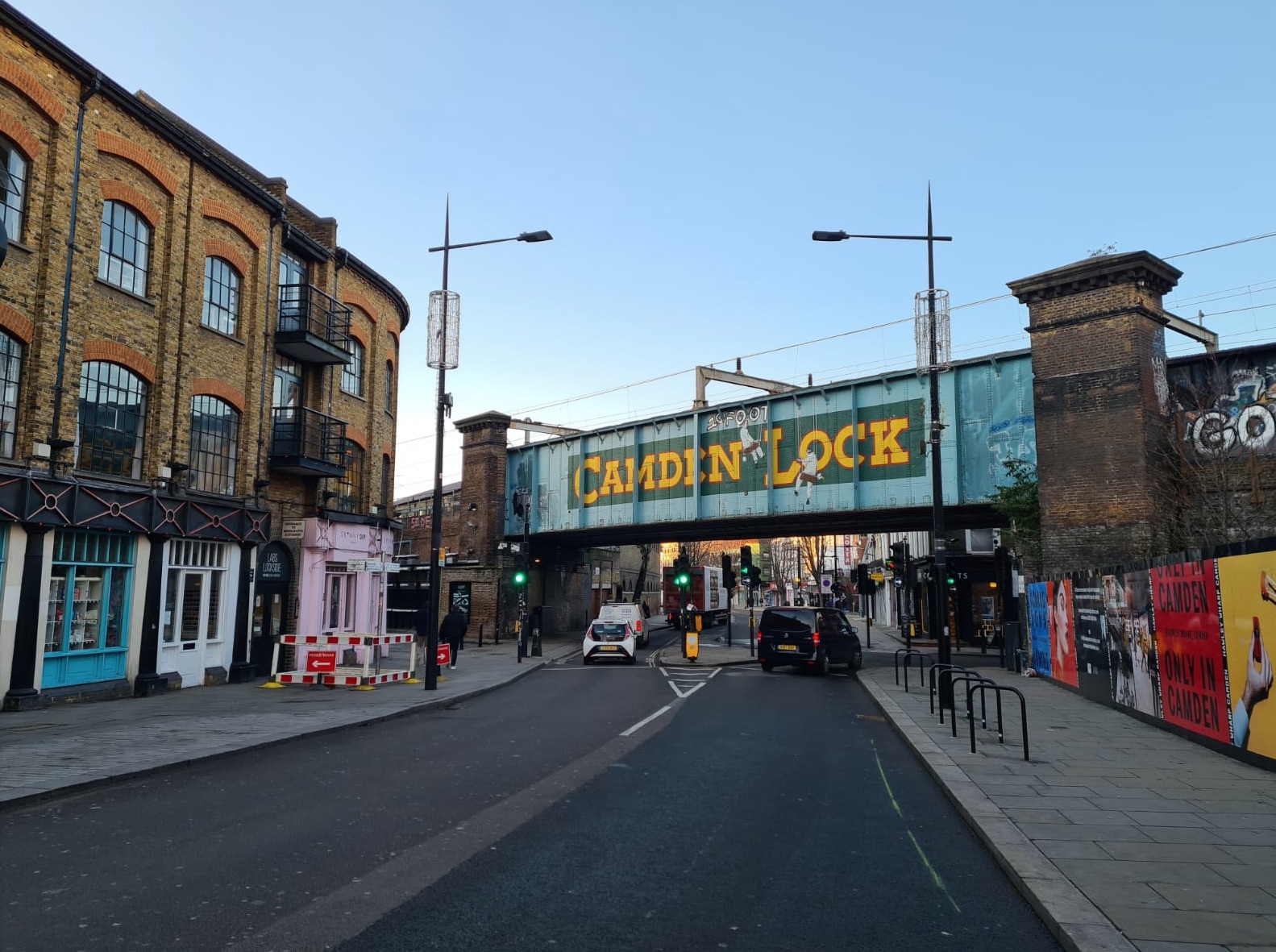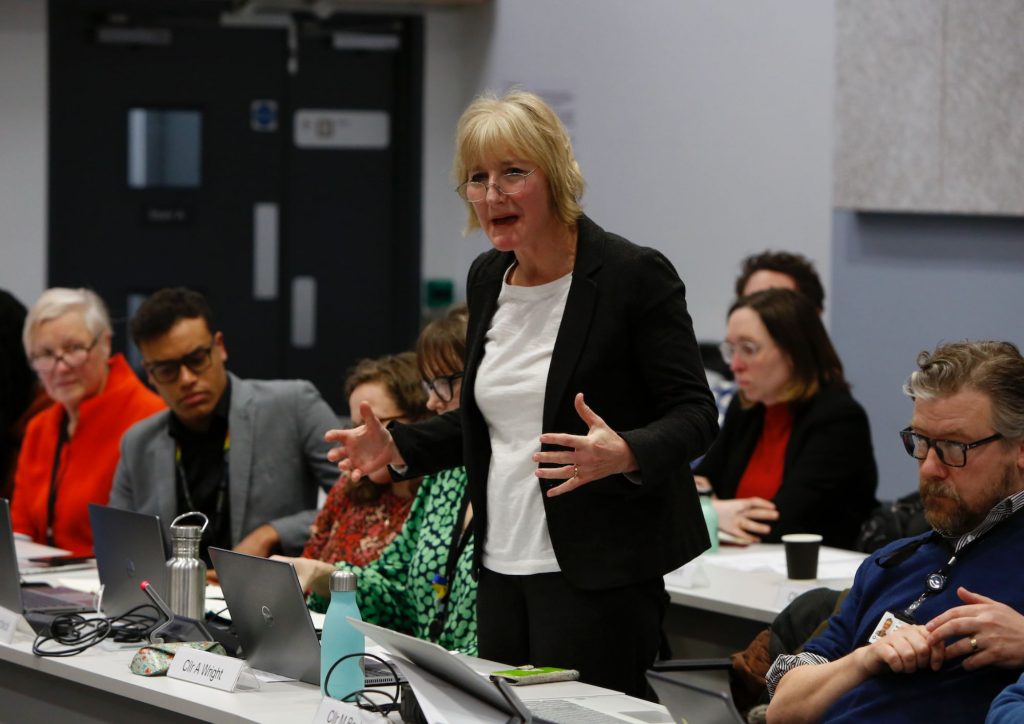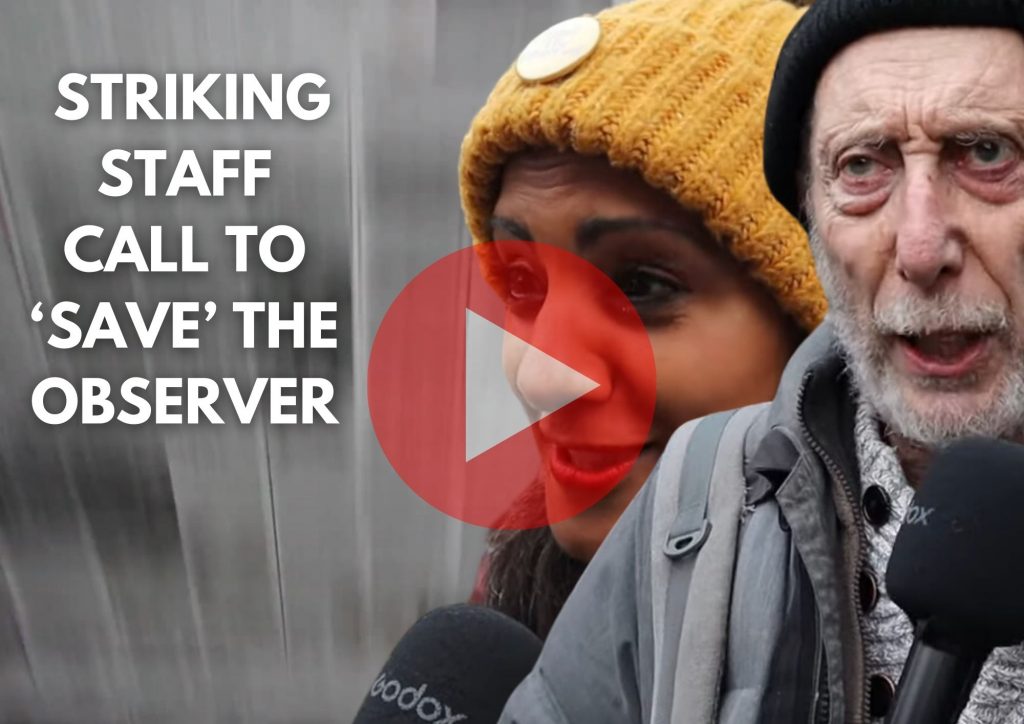Camden is officially the loneliest place in the UK
Look out for CNJ's 'Everybody's Invited' issue out now
Thursday, 5th December 2024 — By Tom Foot

Health research reveals one in three of us in Camden feel lonely
WATCH OUR ONLINE POLITICS CHANNEL, PEEPS, ON YOUTUBE
This article appeared in our ‘Everybody’s Invited’ issue on December 5 – a special edition aimed at tackling loneliness and getting people out and about for Christmas
CAMDEN is officially the loneliest place in the country, according to official statistics published in a report which warns that a wave of isolated despair is contributing to NHS chaos and a rise in crime.
Public health figures unmask the borough as head and shoulders above the other saddest areas of the country – followed by Leicester, Haringey, North East Lincolnshire and Preston.
The detail is included in the annual “state of the borough” report and based on a widespread poll of adult residents in Camden which found more than one in three (36%) admitted feeling “lonely often or always”.
The danger – and pain – of social isolation was highlighted in the New Journal’s Lonely in London special edition two years ago and has been a running issue covered by the paper. It is a lasting motivation for our Christmas Hamper Appeal which tries to reach people on their own.
This week, we publish our “Everybody’s Invited” issue with the aim of encouraging all readers to think about who may be feeling this way.
The council said it will next week launch a “Camden Together” campaign aiming to get people talking more openly about loneliness, and promote increased digital support sessions and loneliness awareness training of its own staff.
“Loneliness has a significant impact on wellbeing, and is connected to early deaths and health risks, hospital readmissions, and lower performance and productivity in the workplace,” the health report said.
Camden was, before the Covid pandemic, listed as the borough with the highest proportion of people living on their own in the country.
At that time, several residents contacted the New Journal stressing there is a difference between isolated loneliness and “alone-ness” – people who are happy living alone.
But the State of the Borough report says there is “serious link” between rising levels of loneliness in London and an increase in “cuckooing” concerns currently being investigated by the council. Cuckooing is when criminals – normally drug sellers and manufacturers – take over a vulnerable person’s home, often in exchange for free drugs.
Last year, 5 per cent of all safeguarding enquiries to the council were about cuckooing – a record high – and this year, with five months to go until April, the figure has already been surpassed.
“People who have been cuckooed are often isolated from communities and experiencing addiction and mental health issues, making them a target for criminals,” the report said.
“The increase in this very serious issue links to the increasing loneliness of the Camden population and the overall rise in crime in the borough.”
The report said that Camden has the third-highest crime rate of all London boroughs.
The council’s health chief Cllr Anna Wright said: “Loneliness can affect anyone of any age, and statistics show loneliness is high in Camden.
“Loneliness can have severe impacts on mental and physical health, while we know that feeling connected and part of a community can help us to feel happier and healthier.
“Next week and in partnership with Voluntary Action Camden, we are launching a new anti-loneliness campaign called ‘Camden, together’, which aims to reduce the stigma of loneliness and signpost residents to ways to connect with other people in their community.”

Labour councillor Anna Wright
Cllr Wright added: “Camden has really strong communities and between our community centres, voluntary groups and council programmes there are so many ways for people to meet people, explore new interests and make new friends.
“There are also a range of support services provided by the NHS and our partners for people experiencing depression or anxiety that may relate to feeling lonely.”

